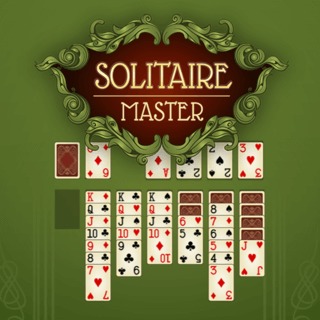
Ball Down

Solitaire Master

Metazoa Jigsaw

Boom Ballz

Super Pixel

Pomni Math Game


Volley Beans - Volleyball Game

Cute Elements

Merge Alphabet 3d

My City Hospital

Space Module

Noob Chicken Hunter
Gather the best squad of heroes in the kingdom and fight back the army of the Dark Lord: orcs, goblins, warlocks and other evil spirits. - Choose a hero you like more! - Explore and improve artifacts: knives, swords, bow and arrow. - Clash your band of heroes with the army of zombies, rogues, orcs, pirates and assassin. - Defend your township from other players. - Develop and protect a castle in your township. - Choose a target and attack a castle of another player. - Clash your hero band with the squads of other players in the player vs player (pvp) arena and become a champion! - The story about the big war consists of 3 episodes. Each episode is full of interesting story twists. - Fetch rewards and tap tap tap to upgrade your knight, assassin or another hero. They are already not idle heroes, they are legends of the arena! ;)
The goal of the game is to gather the best squad of heroes to complete the storyline raid to the end and defeat other players in the tournament. Collect 5 cards of the hero to recruit him. To attack a squad of opponents in the raid, click on it or on the FIGHT button. On the battlefield, arrange your heroes in the desired order and click on the FIGHT button. If necessary, you can also set the speed of movement for each hero. To do this, click on the hero and turn the slider.

So many more games you can play!
More games
Game theory is the study of how and why individuals and entities (called players) make decisions about their situations. It is a theoretical framework for conceiving social scenarios among competing players. In some respects, game theory is the science of strategy, or at least of the optimal decision-making of independent and competing actors in a strategic setting. Game theory is used in a variety of fields to lay out various situations and predict their most likely outcomes. Businesses may use it, for example, to set prices, decide whether to acquire another firm, and determine how to handle a lawsuit. Discover all games!
The goal of game theory is to explain the strategic actions of two or more players in a given situation with set rules and outcomes. Any time a situation with two or more players involves known payouts or quantifiable consequences, we can use game theory to help determine the most likely outcomes. The focus of game theory is the game, which is an interactive situation that involves rational players. The key to game theory is that one player's payoff is contingent on the strategy implemented by the other player. The game identifies the players' identities, preferences, available strategies, and how these strategies affect the outcome. Depending on the model, various other requirements or assumptions may be necessary. Game theory has a wide range of applications, including psychology, evolutionary biology, war, politics, economics, and business. Despite its many advances, game theory is still a young and developing science.
Here are a few terms commonly used in the study of game theory: Game: Any set of circumstances that has a result dependent on the actions of two or more decision-makers (players). Players: A strategic decision-maker within the context of the game. Strategy: A complete plan of action a player will take given the set of circumstances that might arise within the game. Payoff: The payout a player receives from arriving at a particular outcome. The payout can be in any quantifiable form, from dollars to utility. Information set: The information available at a given point in the game. The term "information set" is most usually applied when the game has a sequential component. Equilibrium: The point in a game where both players have made their decisions and an outcome is reached.
Nash equilibrium is an outcome reached that, once achieved, means no player can increase payoff by changing decisions unilaterally. 3 It can also be thought of as a "no regrets" outcome in the sense that once a decision is made, the player will have no regrets about it, considering the consequences. The Nash equilibrium is reached over time, normally. However, once the Nash equilibrium is reached, it will not be deviated from. In such a case, consider how a unilateral move would affect the situation. Does it make any sense? It shouldn't, and that's why the Nash equilibrium outcome is described as "no regrets." 4 Generally, there can be more than one equilibrium in a game. However, this usually occurs in games with more complex elements than two choices by two players. In simultaneous games that are repeated over time, one of these multiple equilibria is reached after some trial and error. This scenario of different choices over time before reaching equilibrium is most often played out in the business world when two firms are determining prices for highly interchangeable products, such as airfare or soft drinks.
